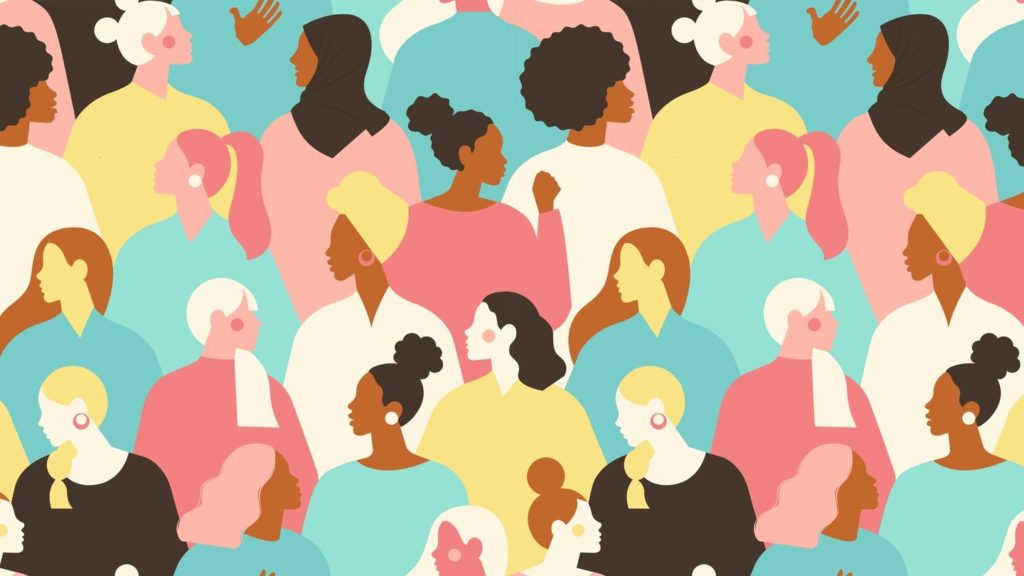This year, many people all over the world have had to face personal loss of one kind or the other. This has left them overwhelmed and exhausted while trying to cope with and juggle the demands of regular life, grief and a multitude of other emotions. When the realisation of loss dawns, it does so regardless of the suitability of time, place or circumstances. It is a profoundly personal experience and everyone grieves differently. Grief, psychologically, is both difficult and exhausting. “Coping” with grief is mistakenly understood as getting back in the old routine in order to distract the mind. Whether you lose a dear one, your livelihood, home, marriage, or are diagnosed with a terminal illness, you are expected to take a few days to grieve and then simply ‘move on’ with your chin up. This escapism in the name of coping is an unrealistic and unhealthy expectation placed by the society. Therefore, it is important to understand and deal with loss in a healthy manner instead of bottling up one’s feelings and moving on.

Loss and grief are experiences that everyone has to go through at some point in life. Dealing with them is normal and there is no point in trying to avoid the process. According to the Kübler-Ross model, named after the psychiatrist Elizabeth Kübler-Ross, there are five common phases of grief, even when individual experiences may differ. These phases may not be experienced in the given order, may manifest together at once, or may not manifest at all.
Denial
The most common first response to loss is denying it and being numb, so as not to panic. People can take time to realise that they have lost someone or something in their life.
Anger
As a second hand emotion, anger can serve to hide vulnerability and fear of a changed reality, as the realisation of loss sinks in. This phase can become very isolating as the person masks their feelings with anger, scaring and estranging those who could offer support and help.
Bargaining
Anger can give way to the transient stage of bargaining, in a desperate attempt to regain some sense of control over reality and overcome the feeling of helplessness. This phase can include trying to justify the loss, feeling intense regret, and making appeals to God to ease pain and suffering. This, actually, is an attempt to postpone confronting the real feelings of sorrow.
Depression
When confronting the reality becomes unavoidable and the person is forced to face their emotions, they could go through a phase of depression. As the feelings of sadness and sorrow emerge after the initial panic and fear, people could start avoiding healthy social interactions and choose to isolate themselves. At this point, they need support from their friends and family. It may even become necessary to seek professional help if they remain in a prolonged state of depressiveness.
Acceptance
Reaching the stage where the person is finally able to accept and learn to live with their new reality usually signifies that the grieving process is over, and that they can now rebuild their life. While the loss and related sadness will not disappear, the emotional survival and defence tactics, such as denial, bargaining and anger will not be present anymore.

How can others help?
It is important to have social support from friends and family. It becomes easier for people to seek support when they know that it is available, rather than being stuck in a lonely place. Therefore, let grieving people know that you, as a well-wisher, are accessible whenever they want, but do not force them to talk about difficult and complicated feelings if they are not yet ready.
Self-help
If you have recently experienced a personal loss, give yourself time to process your emotions. There is no fixed time limit for grieving. Some self-care could help with the management of emotions, such as relaxation techniques and engaging in recreational activities that you enjoy. Art, meditation, or even praying can help find inner peace and eventually enable you to reconnect to the world around you. If you need to talk, do not hesitate to reach out to your social support networks or a mental health professional. A trained professional, either during a face-to-face meeting or via online platforms such as Ed-watch, can equip you with coping strategies, while also offering an impartial listening ear.
No two experiences of grief are ever alike, even for the same person. People grieve in their own ways. While psychology, as a social science, can provide tools to help understand and cope with loss, there are no hard and fast rules. In the end, one has to accept it as a part of life. There will be good days and bad days. At first, it may even feel useless to go on living and enjoying life but its wonders do not stop presenting themselves in various ways around us. As difficult as it may seem, life goes on and we all learn to adapt and eventually, feel happy.







